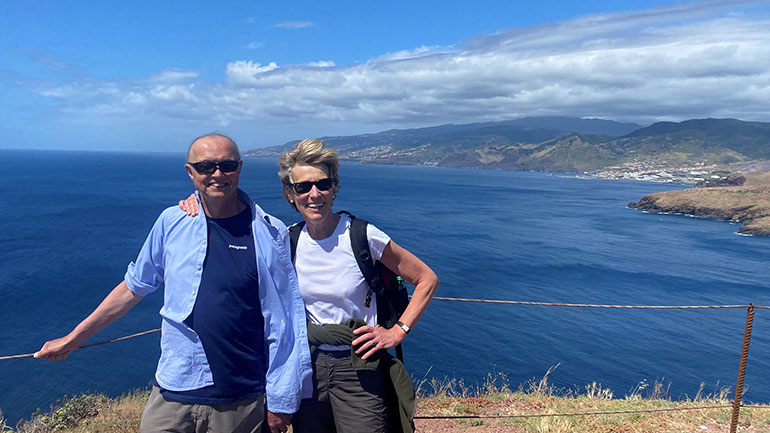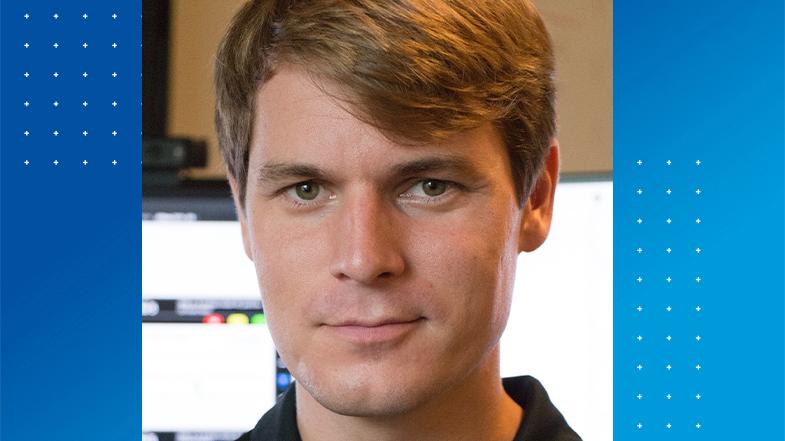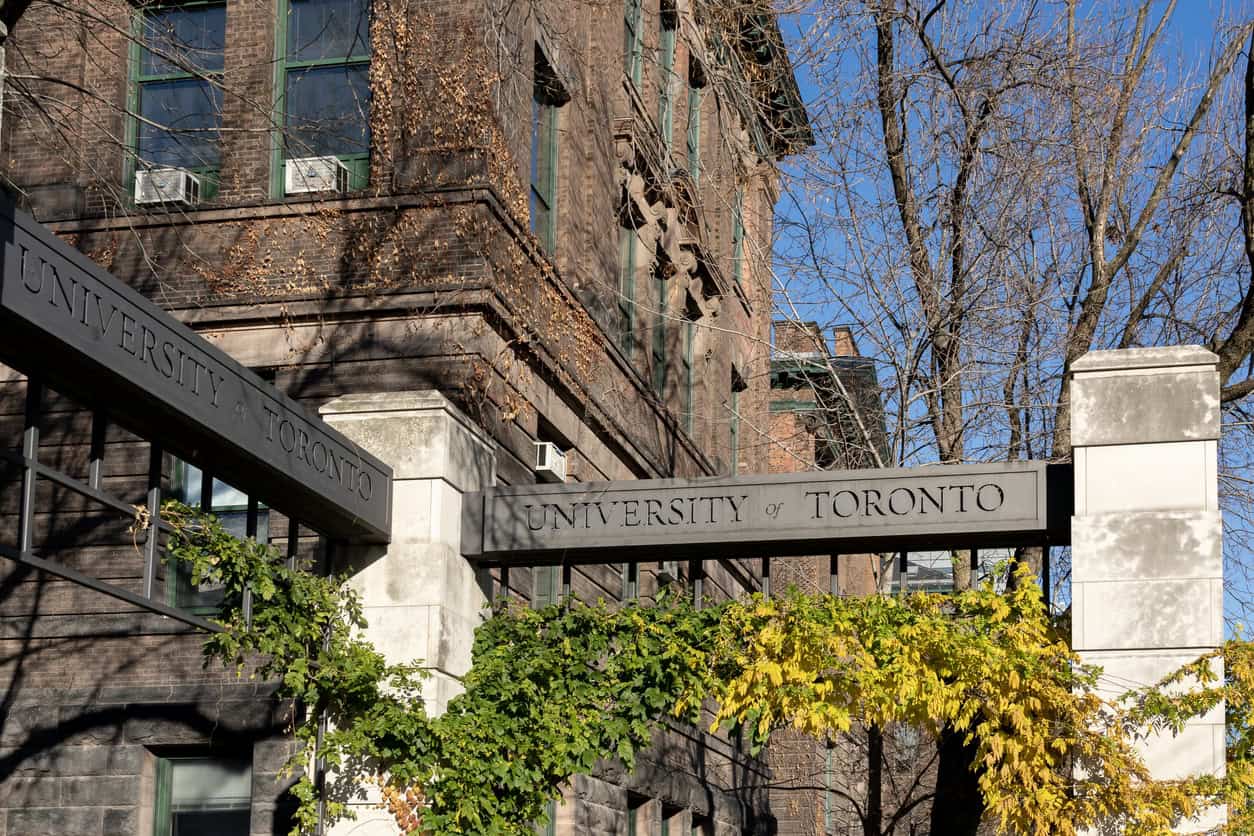Jennifer Jenkins on why music copyright law remains "a moving target" | Duke University School of Law
As Jennifer Jenkins was finishing the draft of her latest book on music copyright, the perfect ending came seemingly out of nowhere. OpenAI released ChatGPT, and the transformative possibilities of generative artificial intelligence were suddenly on everyone’s lips.
It was, Jenkins jokes, an “Amadeus ex machina” for a book that demonstrates how music, the music industry, artistic creation, and copyright law have been marked by changes in technology. AI, she said, is just the latest twist in a history marked by what she calls, quoting Joseph Schumpeter, “creative destruction."
"It's easy to assume that the current delivery system and technology and legal framework is the way it's always been, or that the path to the moment we are in now was straight, predictable, and inevitable. But it wasn't,” Jenkins said.
“The music that we enjoy, the way that we get it, the way that musicians try to make a living from their art — all of that is the product of a story about not just the law, but economics, aesthetics, and business practices and, to a large extent, technology. And with the pressures from AI, the journey that we’re on continues to be so dynamic, so interconnected, and so unpredictable. It was the perfect time to be writing this book, and it made it even more satisfying.”
Jenkins set out to tell that story in Music Copyright, Creativity, and Culture (Oxford University Press, 2025), an interdisciplinary explanation of the forces that shape music, the music industry, and the role of artists in society through narrative, case studies, timelines, and excerpts from a graphic novel.
It’s the book that Jenkins, JD ’97/MA ’00, said she wishes she’d had while attending Duke Law School, where she now teaches courses in intellectual property, copyright law, and trademark law, and directs Duke’s Center for the Study of the Public Domain.
While copyright’s foundation is in the U.S. Constitution, and the first music copyright legislation was enacted in 1831, music copyright continues to be a “moving target,” with some of its most significant cases occurring only in the past decade, Jenkins said.
Those lawsuits against high-profile artists such as Led Zeppelin, Katy Perry, and Ed Sheeran have sought to clarify the scope and limits of the legal doctrines at play in determining whether or not there is copyright infringement between similar sounding songs, including the use of common musical building blocks and what musical elements can be “owned.”
“How is it that we have this area of law that is still trying to sort out the most basic balancing act, which is what you own and what's free?” Jenkins says. “With music, we're still trying to figure it out because music is so different from literary works and other art forms that copyright doctrine is better designed to reflect. That’s what makes it such a joy to teach, and to write about.”
Copyright law has evolved along with and in response to the complex economic and technological forces impacting the way music is created and heard by the listening public, from church, royal, and aristocratic patronage of musicians to sound recordings, radio, and streaming services like Spotify that now account for 84% of total U.S. recorded music revenue, largely replacing physical products such as vinyl records and CDs.
While technology has largely benefited consumers by enabling affordable and widespread access to recorded music — tens of thousands of songs are uploaded each day — it’s also created new problems for music copyright law, including the issue of subconscious copying, which could make an artist liable for copying a song they heard even if the copying wasn’t deliberate.
“In an online world where all of us could potentially be exposed to any song from anywhere in the world, how does one show one did not copy from one of those songs? In an online world where infringers could potentially appropriate from any tune produced anywhere in the world, how does an artist show that they were copied?” Jenkins writes. “The challenge for copyright law is to apply the subconscious copying theory in a way that upholds copyright protection without stifling creativity.”
It’s also a challenge for artists, who may find themselves on either end of a copyright infringement lawsuit. Jenkins, a music lover who has studied and played piano and violin, keeps the artist’s dilemma at the forefront and dedicates the book to those who make music, “riding the waves of creative destruction to find the next way to share their art with the world and make a living doing so.”
“There’s this constant tension that’s part of your life as a creator. You’re both an owner of rights and you're also someone who might potentially be in the crosshairs of someone else's rights,” she said.
“With digital technology, the scale of potential infringement is enormous. The rules that we have created try to strike a balance between control and freedom — preventing excessive copying while leaving room for benign and inevitable similarities. It's a tradeoff. And maybe we need to recalibrate, given the technological moment we're in now.”










:max_bytes(150000):strip_icc()/Keke-Palmer-Jonathan-Majors-062725-9b2d6e2e0689494f8675dfe603520209.jpg)
